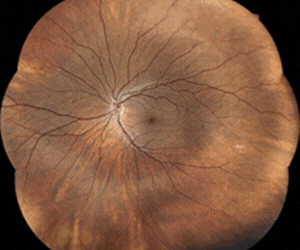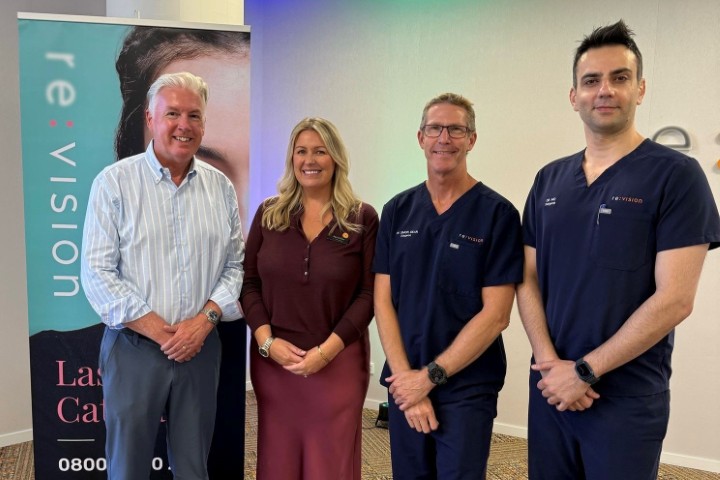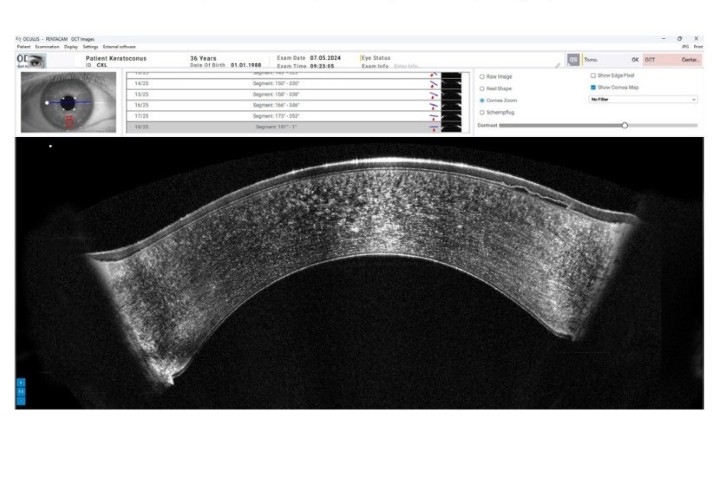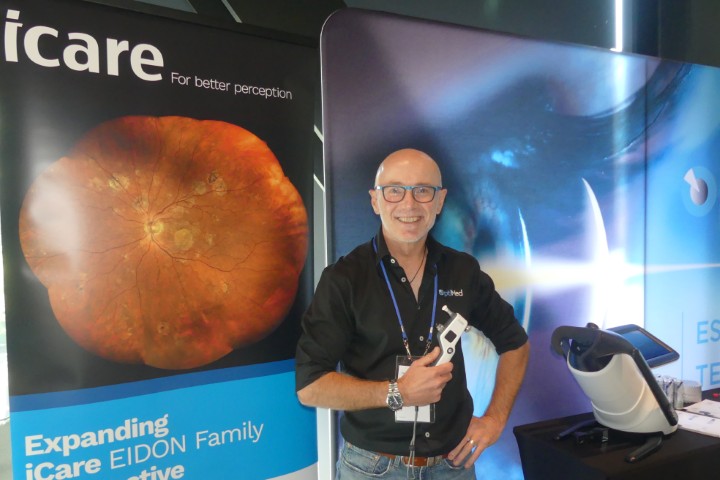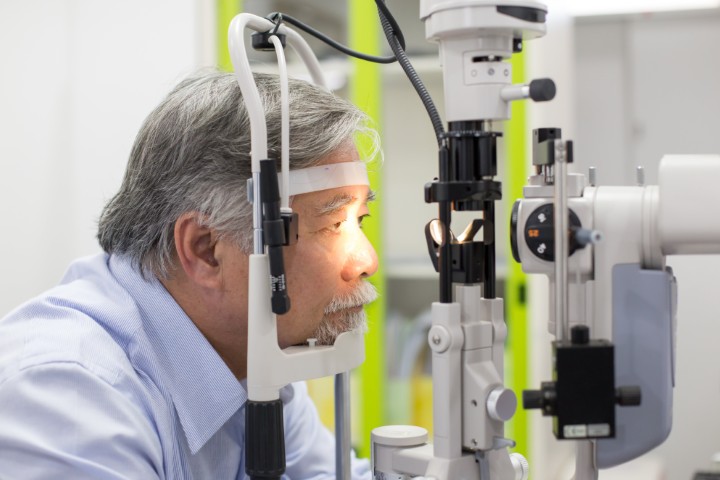Promising findings for severe DED
A study conducted by the Centre for Ocular Research & Education (CORE) indicates that a novel combination of omega-3 and -6 fatty acids as a dietary supplement significantly improves symptoms in sufferers of severe dry eye disease (DED).
The study assessed daily use of 1,200mg eicosapentaenoic acid, 300mg docosahexaenoic acid and 150mg γ-linoleic acid or placebo (coconut and olive oil) for three months. Participants with baseline Ocular Surface Disease Index (OSDI) scores >52 demonstrated a substantial improvement in symptoms with the treatment at the study’s conclusion, averaging a 20.8 point reduction, compared to a 7.8 point reduction in the similarly symptomatic placebo group.
Essential fatty acids are an established therapy, yet this is the first clinical trial to demonstrate the effect of omega-3 fatty acids eicosapentaenoic acid, docosahexaenoic acid, and omega-6 fatty acid γ-linoleic acid in such a population, said lead author and CORE clinical scientist Dr Alison Ng.
“These study participants were far more symptomatic than other published trials involving omega-3 supplementation, allowing for additional analysis,” she said. “The Tear Film and Ocular Surface Society Dry Eye Workshop II (TFOS DEWS II) report recommended dietary supplementation with omega-3 as the first stage of management for dry eye disease. Our findings suggest that even the most severe sufferers can benefit from a meaningful improvement in symptoms with omega-3 and -6 supplementation.”
Authors also recommended future studies to examine the potential benefit of early dietary supplementation with omega-3 and -6 fatty acids in patients with mild-to-moderate DED.
The study, ‘Promising Findings Offer Potential for Eye Care Community & Patients’, was published by Optometry & Vision Science.






